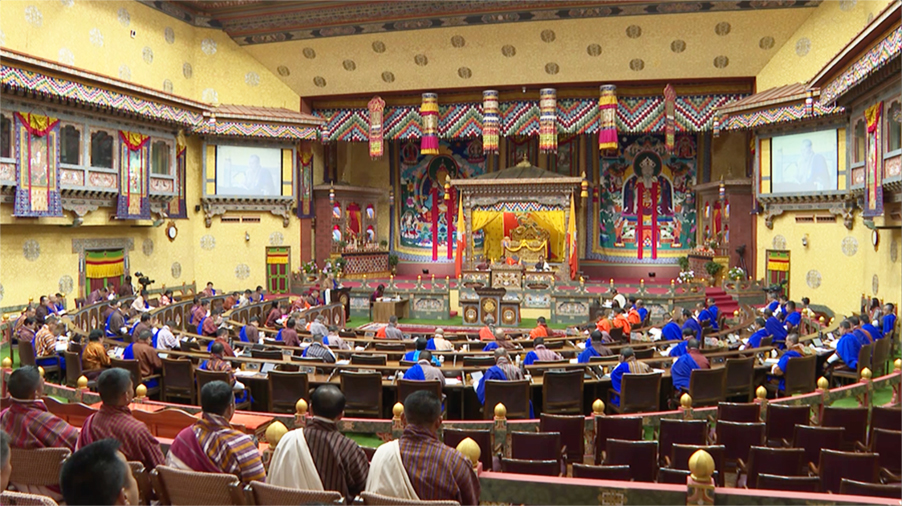
Considering the recurrence of similar irregularities every year in the Annual Audit Report, the Parliament’s Public Accounts Committee recommended the government develop a strategy to address the issue. However, a few Members of Parliament said that the committee should come up with a stringent measure or recommendation to hold people accountable.
The audit findings saw almost Nu 3bn worth of irregularities in the 2022-23 financial year. Of the total irregularities, almost Nu 40 M was categorised under ‘Fraud and Corruption’.
Similarly, more than Nu 2bn under ‘Non-compliance to Laws, and Rules and Regulations’ and over Nu 550 M under ‘Shortfalls, Lapses and Deficiencies’.
However, the committee found that the total irregularities decreased by over 60 per cent as compared to the 2021-2022 financial year.
The committee noted that the nature of irregularities has become a pattern across agencies as they feature continuously in every audit report.
During the 2022-2023 financial year, outstanding public work advances were the major reason for irregularities followed by excess payment, and wasteful expenditure among others.
The Public Accounts Committee proposed three recommendations.
First is on the need for the government to develop a strategy to address issues on public expenditure such as excess payment and spending without work being done.
Secondly, the committee has recommended the government consult with the Civil Service Commission to review existing human resource gaps in public service delivery and ensure timely replacement in the 13th Five-Year Plan.
The committee’s last recommendation is on the need for the government to expedite the policy decision over the dam or barrage option for PHPA-I at the earliest with the relevant counterpart and ensure that the underground powerhouse and the erected electro-mechanical equipment do not pose challenges during the testing and commissioning time.
These recommendations are in addition to the seven recommended by the Royal Audit Authority.
However, some MPs said that with irregularities and recommendations remaining the same every year, there is a need to reform the system and find specific solutions.
“What I understand is that it is not like we need to have new rules, regulations and procedures but the issue here is non-compliance. So, what I suggest is to make these procedures stronger,” said Younten Phuntsho, Agriculture and Livestock Minister.
The House unanimously endorsed the first two recommendations made by the committee through a show of hands. The deliberation will continue tomorrow.
Samten Dolkar
Edited by Kipchu









